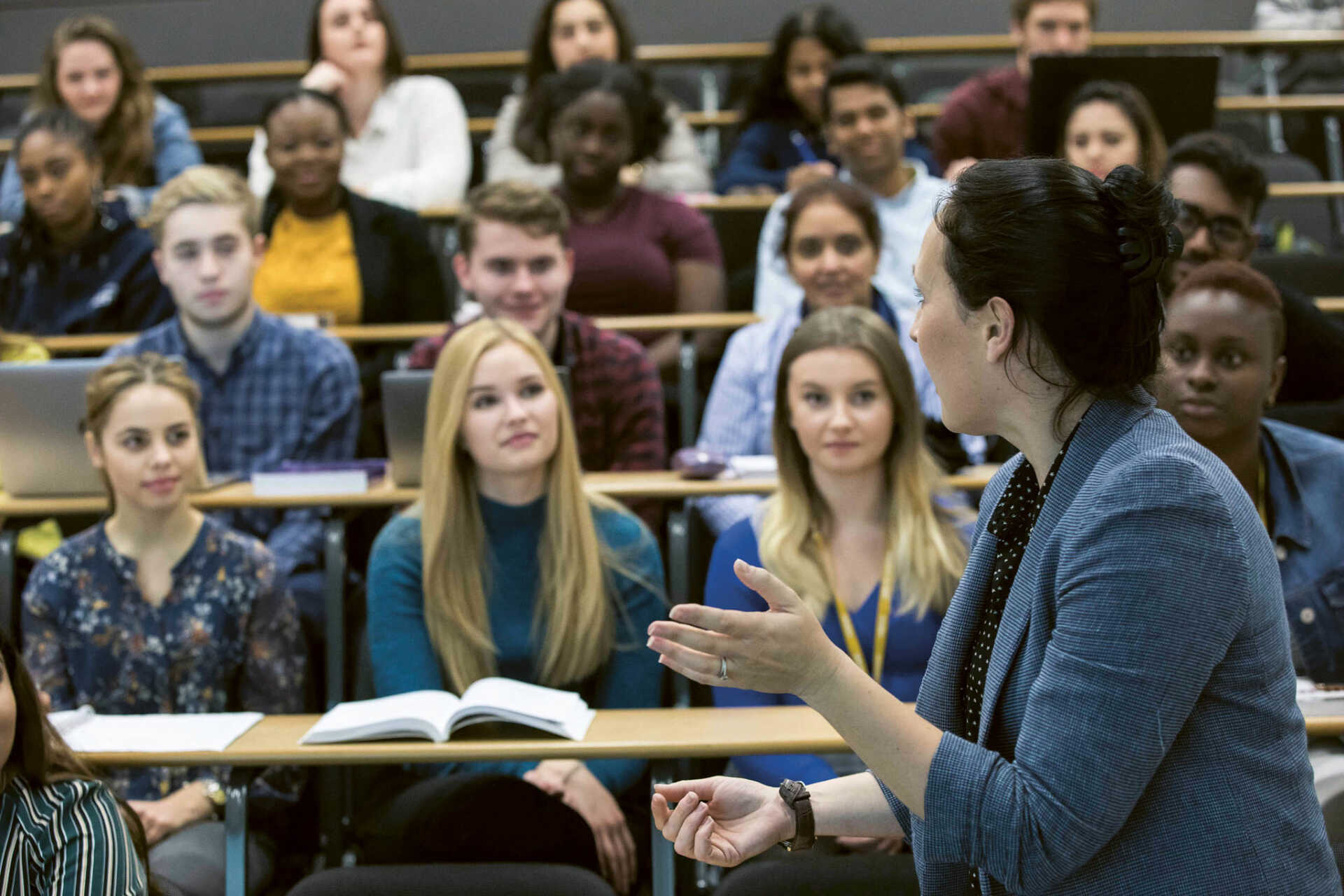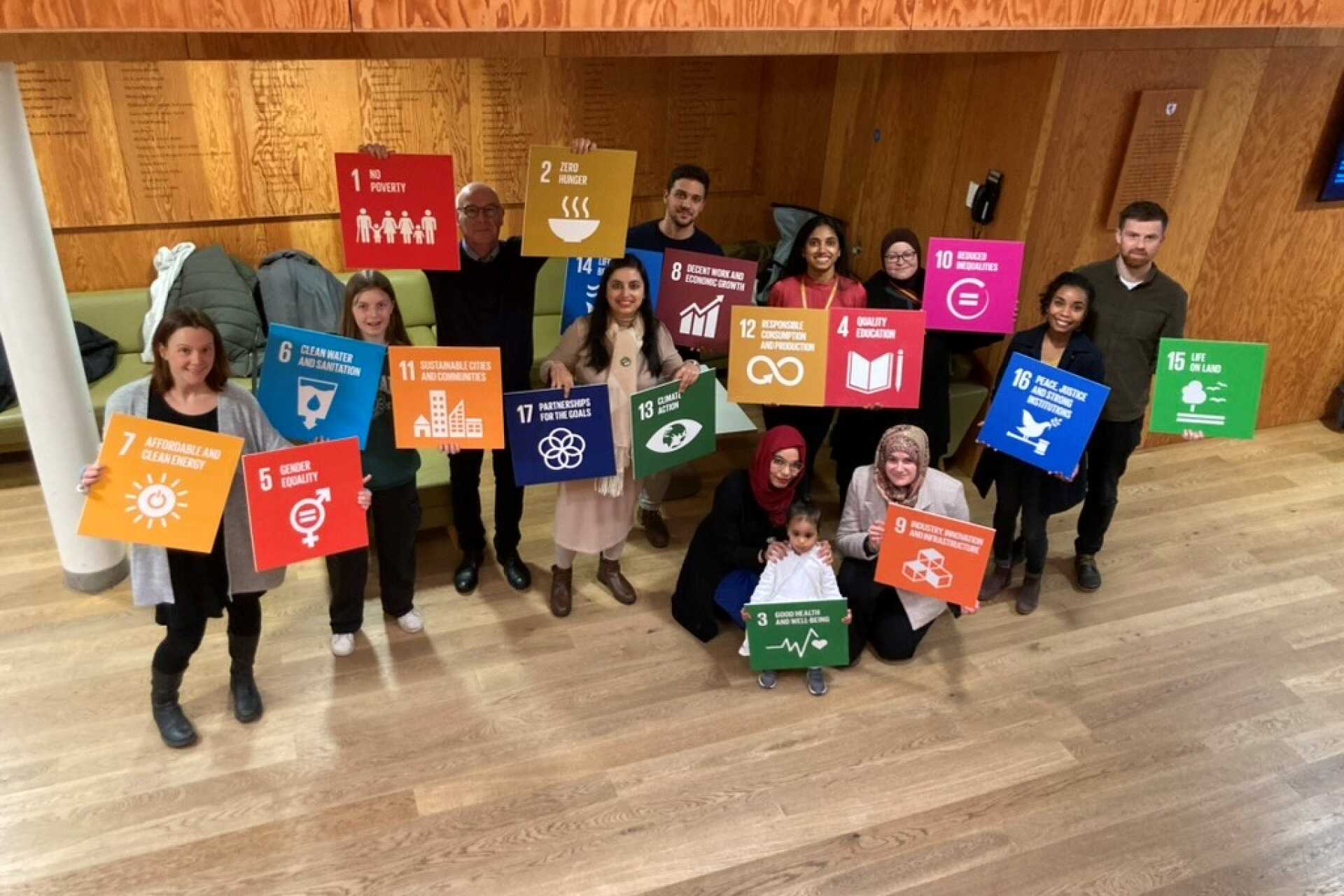
The SCR was established in 2024 as one of the sub-groups of the Sustainability Steering Group (SSG) to facilitate institution change in embedding sustainability throughout all parts of the student learning experience.
We are working to ensure that every student – from architecture to business, and chemistry to digital arts – is prepared with the knowledge and understanding of sustainability, and possesses the sustainability skills and attributes, and the desire and willingness to deal with these issues.
Our Mission:
"To equip graduates with the essential skills and knowledge needed to thrive on a planet in the process of ecological collapse. We seek to draw on staff expertise throughout the University in order to develop our educational offer as one that is distinctly focused on sustainability."
Our Objectives:

Sustainability in curriculum and research forms one of the 5 strategic pillars of sustainability strategy 2025-30
Our Commitment
"We will equip graduates with the essential skills and knowledge needed to thrive on a planet in the process of ecological collapse, seeking to draw on staff expertise throughout the university in order to develop our educational offer as one that is distinctly focused on sustainability"
We worked with Students Organising for Sustainability (SOS) to map our curriculum against the SDGs during the summer of 2022 and the full report in available below. Our new strategy seeks to build upon this work to find new opportunities to embed ESD using the framework outlined on the right.
We will identify opportunities to further embed ESD into the curriculum and co-curriculum by mapping existing provision across schools and ensuring that sustainability is a core thematic priority for education and research.
We are developing a sustainability leadership award which will allow students to articulate their sustainability knowledge and skills and enhance the visibility of sustainability within the curriculum to existing and prospective students.
We will deliver on the requirements of the concordat for sustainability in research and innovation practice, map sustainability across our research and support research being conducted in a sustainable way.